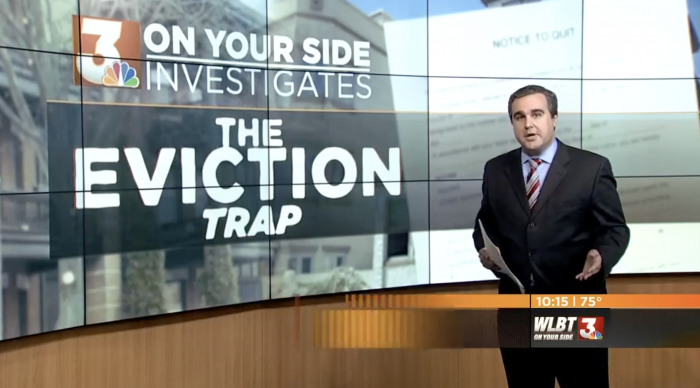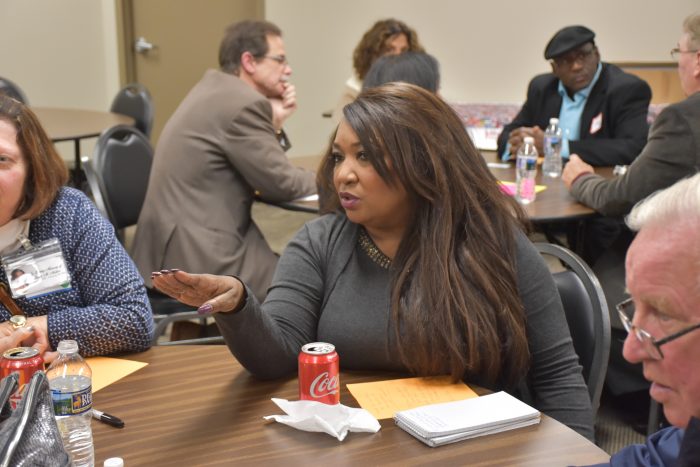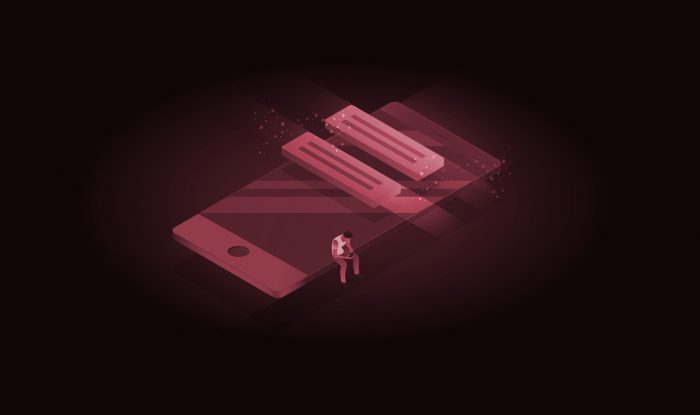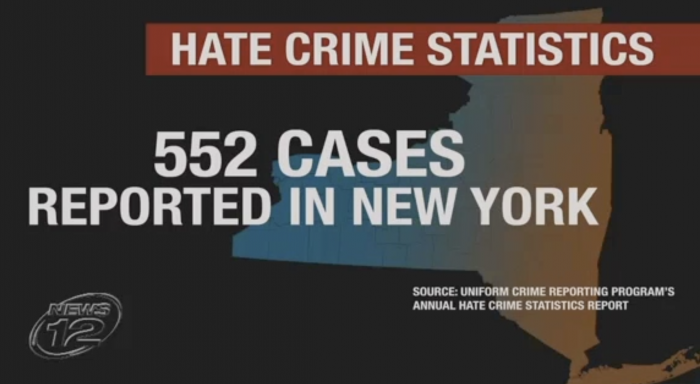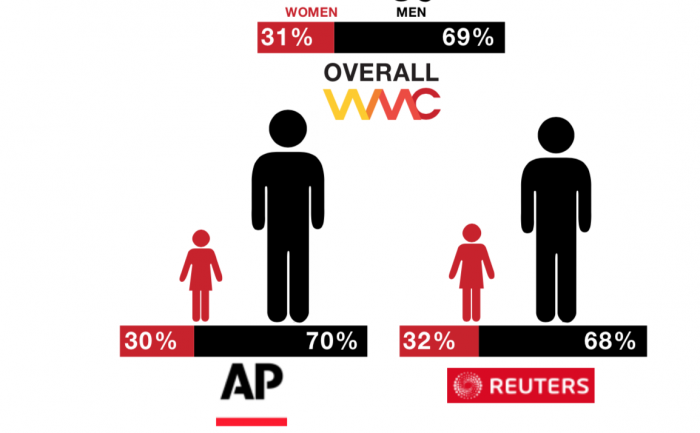“I believe that if you’re producing journalism of value, there is no reason to expect that consumers wouldn’t be prepared, in some way, to support that — potentially to pay for it. And that’s probably, ultimately, true of regional and local journalism as well as national and international journalism.”
